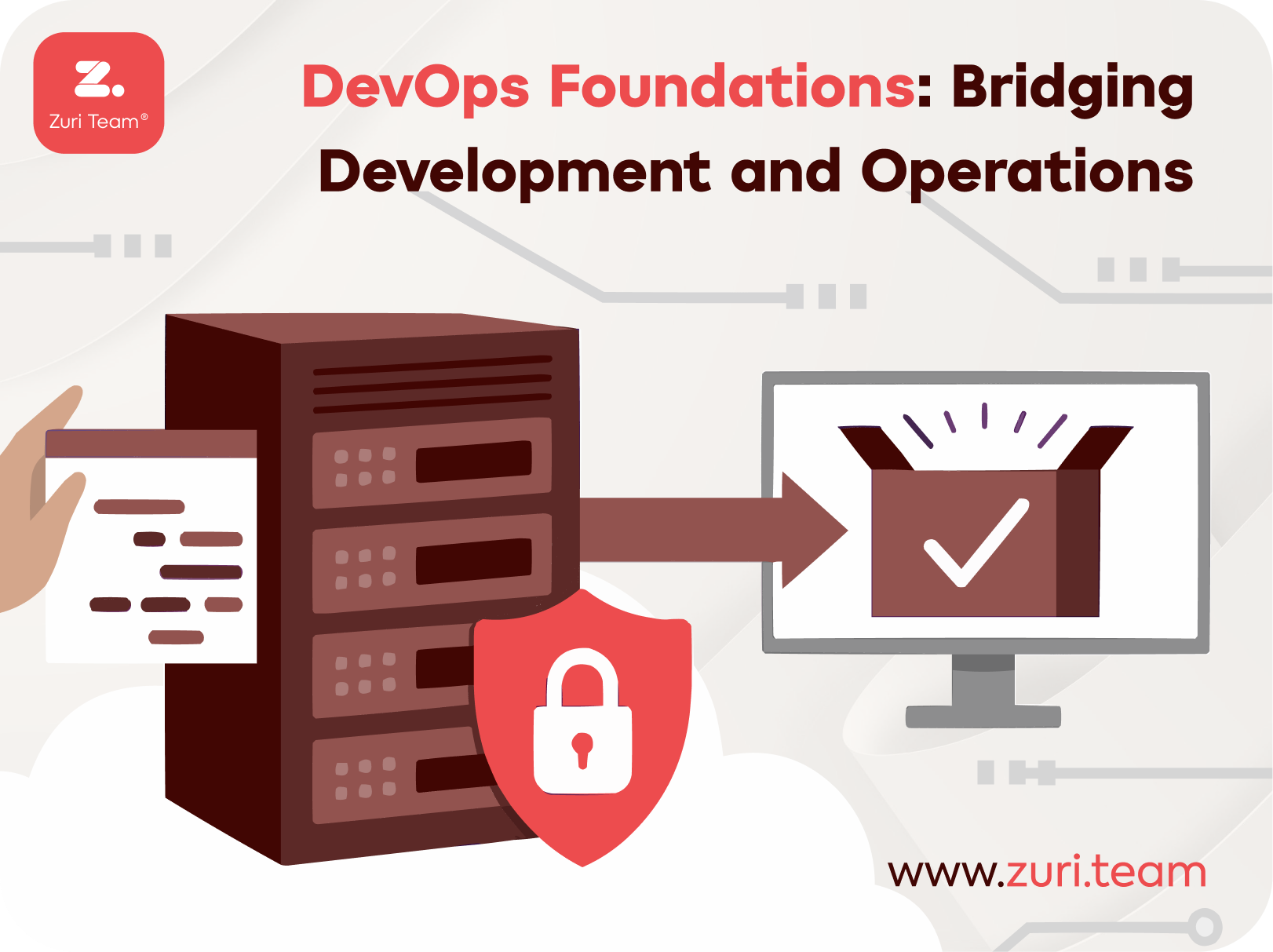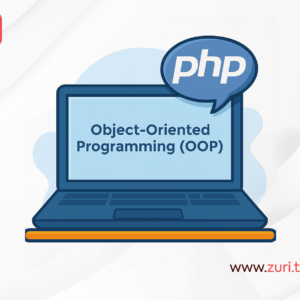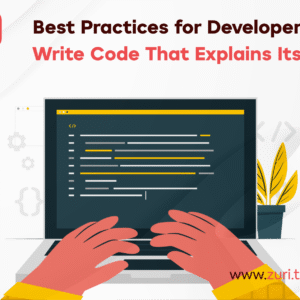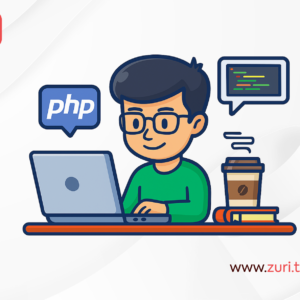Ready to understand how software goes from code to the real world? This 4-week beginner-friendly course will introduce you to the fundamental principles and practices of DevOps, the essential bridge between software development and IT operations.
Go beyond writing code and learn how to deploy, manage, and monitor applications in a streamlined and collaborative way. This course will equip you with the foundational knowledge to understand modern software delivery pipelines and contribute effectively to development teams.
What You’ll Learn (in 4 Weeks):
- Week 1: Introduction to DevOps & Cloud Fundamentals:
- What is DevOps and why is it revolutionising software delivery?
- Core DevOps principles: collaboration, automation, continuous improvement.
- Understanding the software development lifecycle in a DevOps context.
- Introduction to Cloud Computing concepts (IaaS, PaaS, SaaS) and basic cloud terminology.
- Week 2: Containerisation with Docker:
- What are containers and how do they simplify application deployment?
- Basic Docker concepts: images, containers, Dockerfile.
- Building and running your first Docker container for a simple application.
- Understanding the benefits of containerisation for consistency and portability.
- Week 3: Continuous Integration (CI) Basics:
- Understanding the concept of managing infrastructure through code.
- What is Continuous Integration (CI) and its benefits?
- Introduction to a CI tool (GitHub Actions) and setting up a basic CI pipeline for automated testing.
- Week 4: Continuous Delivery (CD) & Basic Monitoring:
- Understanding Continuous Delivery (CD) and its role in automated deployments.
- Exploring different deployment strategies.
- Introduction to basic application monitoring concepts.
- Understanding the importance of logging and basic logging practices.
Why Learn DevOps Foundations?
- Understand the Big Picture: See how your code fits into the entire software delivery process.
- Enhance Collaboration: Learn the principles that foster better communication between development and operations.
- Embrace Automation: Understand the power of automating repetitive tasks.
- Prepare for the Future: DevOps is a highly sought-after skillset in the software industry.
- Build on Your Existing Knowledge: Leverages your understanding of coding, Git, and the command line.
What to Expect (in 4 Weeks):
- 12 Live 1-Hour Classes: Interactive sessions with clear explanations and practical examples.
- Conceptual Understanding: Focus on the “why” behind DevOps practices.
- Hands-on Demonstrations: See basic DevOps tools in action.
- Foundation for Further Learning: Provides a solid stepping stone for more specialized DevOps skills.
This course is perfect for:
- Beginners who have a foundational understanding of software development (as covered in our previous courses).
- Developers who want to understand how their code gets deployed and managed.
- Anyone interested in the principles and practices of modern software delivery.
Unlock the secrets of efficient software delivery! Enroll now and build your DevOps foundation in just four weeks.




